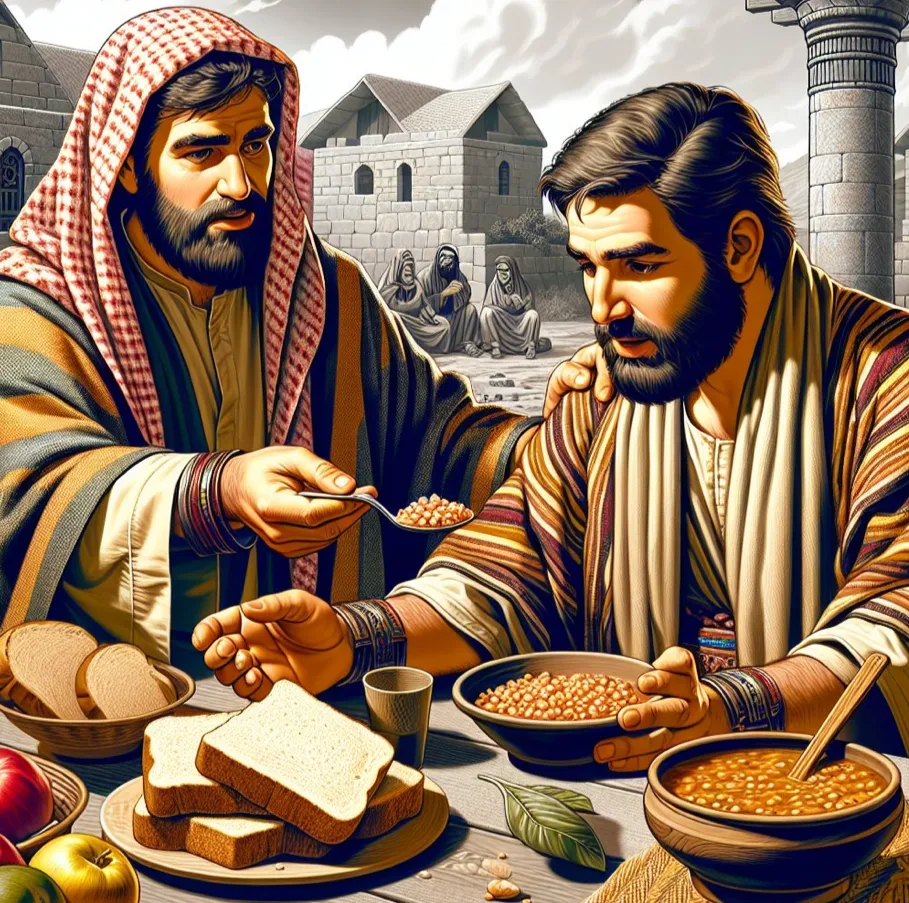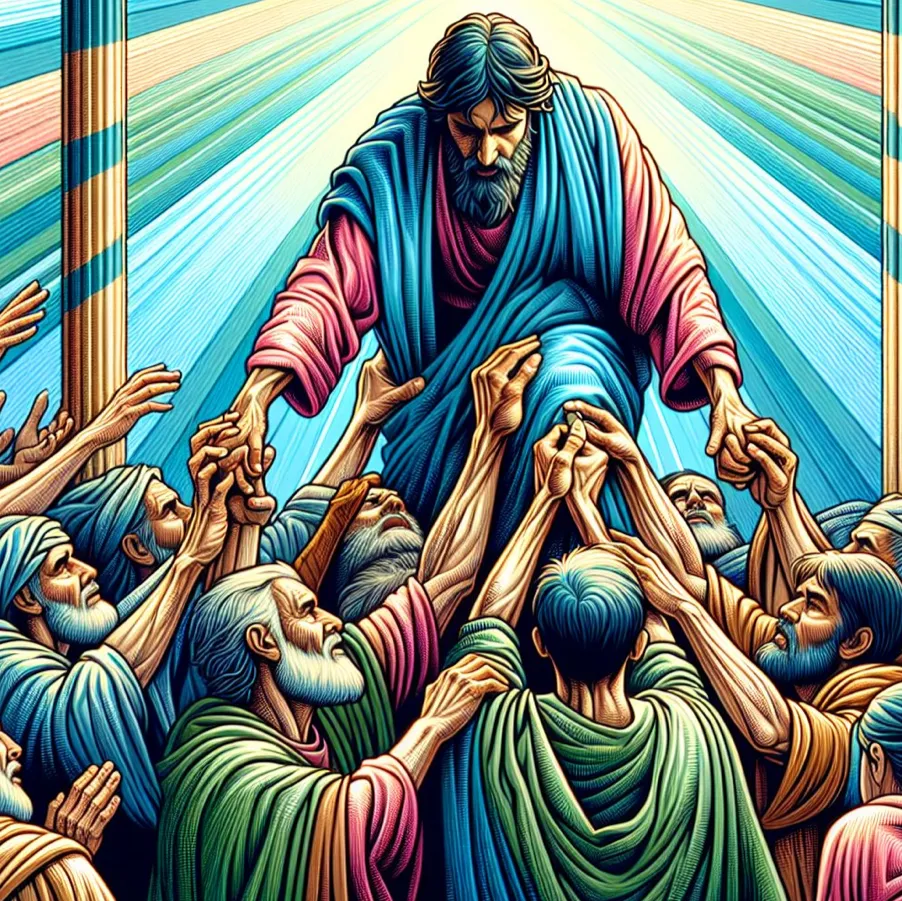Beyond the Bowl: Esau’s Story

SHARE
From the very beginning, Jacob and Esau have been compared—not only as twin brothers but also as symbols of two very different choices in life. Genesis 25:23 records God’s words to Rebekah: “Two nations are in your womb… one shall be stronger than the other; the older shall serve the younger.” This prophecy set the stage for their lives. Jacob is often remembered as the cunning younger brother, while Esau is portrayed as the rugged hunter. Yet beyond their rivalry, Esau’s story offers us lessons that reach far beyond a bowl of stew.

Esau’s defining moment came when he returned from the field famished and found Jacob cooking. In a hasty decision, he traded his birthright for a meal: “So Esau despised his birthright” (Genesis 25:34). What Jacob offered seemed small—a bowl of lentil stew—but Esau’s hunger blinded him to the eternal value of what he possessed. Hebrews 12:16 later warns believers, “See that no one is… profane like Esau, who sold his birthright for a single meal.” His choice reminds us how fleeting desires can cost us blessings meant to last forever.
What makes Esau’s story so powerful is not just his mistake but the way Scripture frames it as a caution for us today. Just as Esau prioritized immediate satisfaction, we too can be tempted to trade eternal promises for temporary pleasures. Whether it’s comfort, success, or approval, these pursuits can distract us from the inheritance God offers through Christ. Jesus Himself asked, “For what will it profit a man if he gains the whole world and forfeits his soul?” (Matthew 16:26).

Yet, Esau’s story is not one-dimensional. Genesis 33 reveals a striking moment of grace when Esau meets Jacob years later. Instead of revenge, Esau runs to embrace his brother, weeping. This reconciliation shows us that even when blessings are forfeited, forgiveness and healing are still possible. It is a glimpse of God’s mercy at work, reminding us that our failures do not have the final word.
The lesson is clear: Esau teaches us to value the eternal over the temporary. Birthrights may not mean much in our modern world, but salvation does. Peter writes, “An inheritance incorruptible and undefiled and that does not fade away, reserved in heaven for you” (1 Peter 1:4). Unlike Esau, we are called to guard this inheritance with diligence, treasuring the promises of God more than the cravings of the moment.

Esau’s story moves us to reflect: Are we living for what satisfies us today, or for what endures forever? Beyond the bowl lies a greater reality—a kingdom that cannot be shaken (Hebrews 12:28). And the good news is this: through Christ, the inheritance we might once have despised is restored, not by our striving but by His grace.
*All Photos from bibleart.com
RELATED ARTICLES

Inside the Workflows of Young Professionals: How They Work Smarter, Create Faster, and Achieve More with the HUAWEI MatePad 11.5 S 2026

Crafting Comfort: Newest Dining Spots for Everyday Favorites

Experience Smartwatch-Level Features at a Band Price Point with the HUAWEI Band 11 Series—Coming March 3









